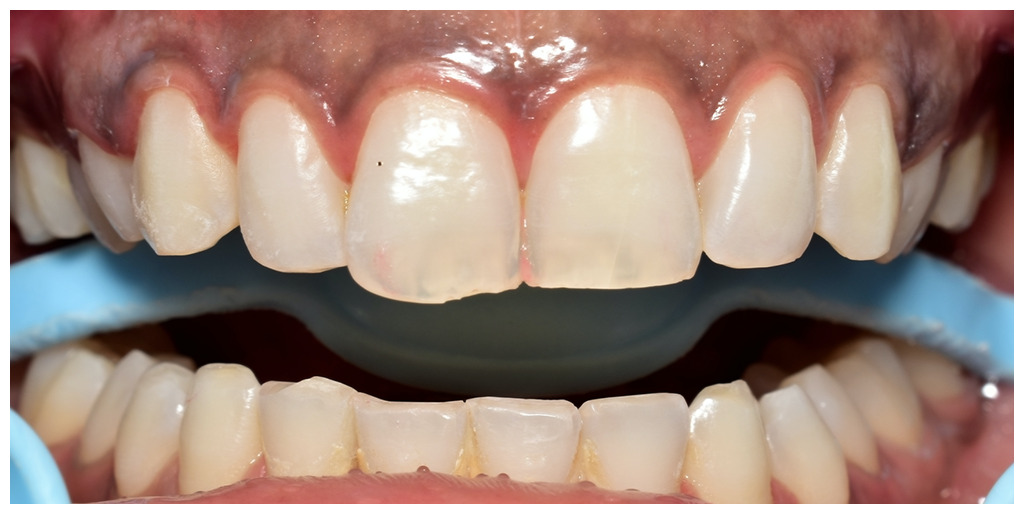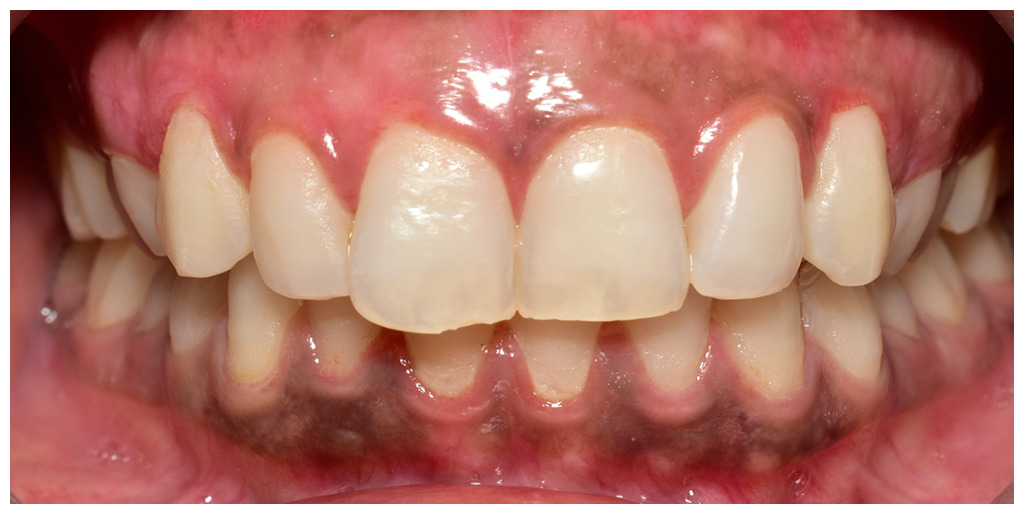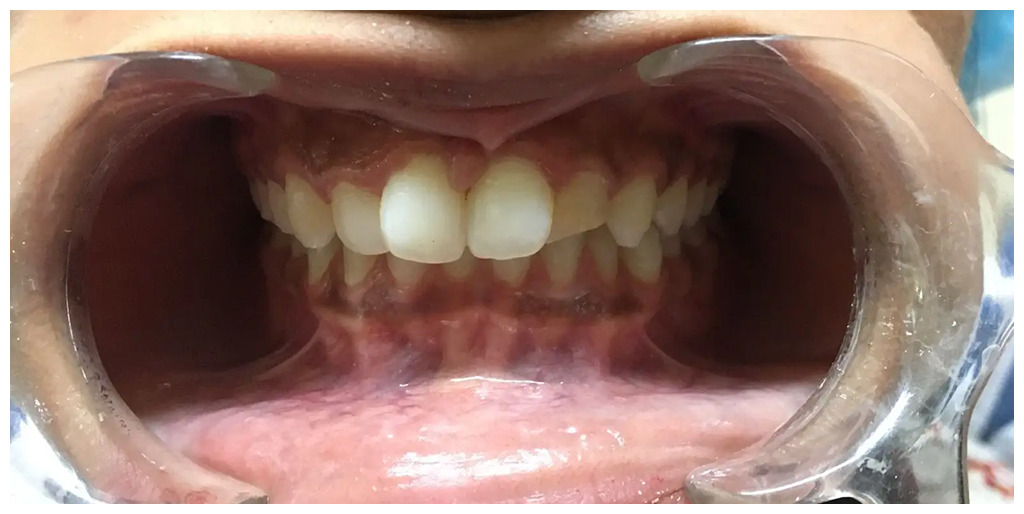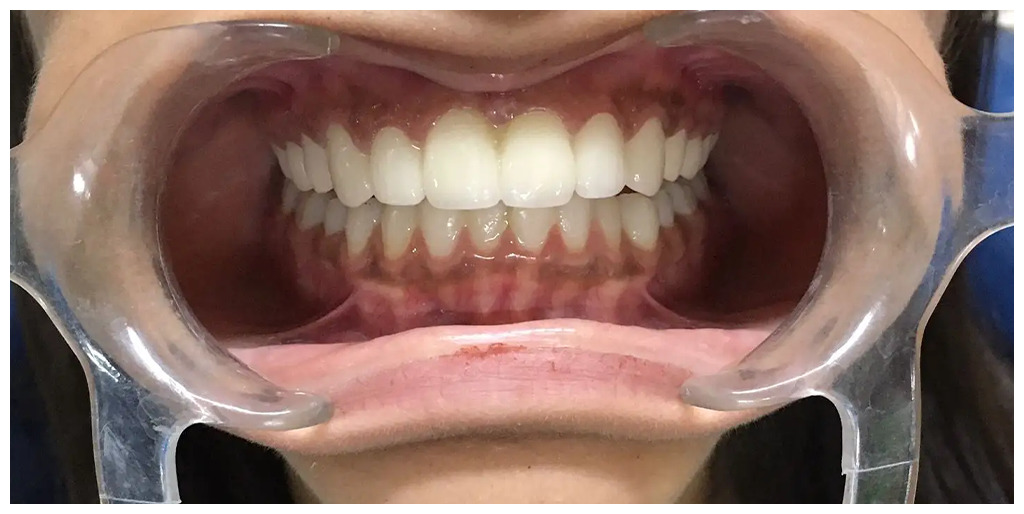Periodontics/Gum Disease Treatment India
Gum disease is not just about your oral health, but your overall health as well. The bacteria in your mouth are passed on through your body. There is a direct connection between your oral health and systemic health.
If you have firm healthy gums and it will keep your teeth longer and avoid health problems associated with gum disease.
Most people suffer from gum disease, and it is a major cause of tooth loss in adults.
Gum diseases range from simple gum inflammation to serious disease that result in major damage and infection of the tissues and bone that support the teeth. In the worst cases, bone anchoring the teeth in the jaw, gums and tissue that support the teeth are destroyed, making the teeth loose.
Our mouth is full of bacteria. The bacteria cause inflammation of the gums and a sticky, colorless film of bacteria called plaque forms on the surface of the teeth every day. The longer plaque and tartar are on teeth, the more harmful they become as it provides the right conditions for bacteria to thrive. The bacteria irritate the gums, which mean that they bleed more easily.
Whether your gum disease is stopped, slowed, or gets worse depends on how well you care for your teeth and gums, from this point forward.
If the disease progresses, the part of the gum that seals the tooth is weakened and gums pull away from the teeth and form spaces between the tooth. Bacteria or food debris become trapped in these spaces and grow below the gums causing further infection (redness and swelling). These bacterial toxins start to break down the bone and connective tissue that hold teeth in place.
To prevent and treat gum disease, you need to make sure you remove all the plaque from your teeth by daily brushing and flossing, and by professional cleanings at least twice a year by a dentist.
Severe gum disease may also be associated with several other health conditions such as diabetes, infective endocarditis, bacterial pneumonia and stroke.
Having a healthy mouth and gums can help improve your general health and reduce the stress of medical treatment.
Treatment methods depend upon the stage of disease, how far the condition has progressed and your overall health.
It is also possible to have gum disease and with no warning signs, that is why regular dental checkups are very important.
The number and types of treatment will vary, depending on the extent of the gum disease. Any type of treatment requires that the patient keep up good oral care at home.
We may also suggest changing certain behaviors, such as quitting smoking, reducing stress and maintaining a well-balanced diet as a way to improve treatment outcome.
Gum disease is a sign of serious oral health issues in the near future.
The main goal of treatment is to control the infection and progression of the disease and to promote reattachment of healthy gums to teeth.
See your dentist if you suspect you have gum disease. The sooner you treat it the better; early intervention to treat gum diseases can ensure the health and longevity of your teeth.
Regular Scaling and Root Planning
Gums along with underlying jaw bones are the foundation of the teeth just like a building has a foundation. Food remnants react with the bacteria present in the mouth and form a slimy layer on the surface of the teeth called plaque.
Deep Cleaning/Curettage
If you have neglected your gums, so much, that they are swollen and bleeding, It is possible that tartar and bacteria have succeeded in infiltrating into the deeper part of the gums and underlying bone. The diseased gum and underlying bone, if left untreated, seriously threatens the stability of your teeth and can result in tooth loss. Deep cleaning or gum curettage means the scraping of gum wall to remove inflamed soft tissue (plaque and calculus) that may have collected there. With a high-precision instrument we will carefully clean out the gingival groove freeing it from all bacteria. Advantages of Deep Cleaning/Curettage
- Deep cleaning improves the stability of the teeth and the health of the gums.
- It provides a deeper and more thorough cleaning as it eliminates bacteria from your mouth and infected tissue and promotes healing and reduction in the space between the gum and the tooth.
Save your Mobile Teeth
Areas below the gum line, where gum tissue has detached from the teeth, are not accessible to clean, and so harmful bacteria can easily proliferate. These bacteria cause inflammation of the tissues, resulting in sensitivity, bleeding, and pain. You could even begin losing teeth.
Gum Depigmentation/Gum Bleaching
Do you ever worry why your gums are so dark and unsightly and if anything can be done about it? Dark or black gums are the result of an excess of the pigment called melanin, which is also responsible for the color of the skin. Dark colored people have more of melanin in their skin similarly people with dark gums have more melanin in their gums. The good news is this can easily be treated by simple procedure called ‘Gum depigmentation/ gum bleaching.’
In this procedure the surface layer of the gums is removed.
There are two methods of doing this:
- Laser Method – This is a new modern method where the laser is used to remove the surface layer of the gums which has the maximum amount of melanin, the pigment responsible for the dark color. The result is pink and esthetically appealing gums. This method is quick and easy for the patients as it is bloodless and painless. We are routinely conducting this in ‘Smile Delhi – The Dental Clinic’ and have satisfied, happy patients from across the globe. This is a popular procedure with our patients who opt for a smile makeover treatment. Gum bleaching adds to the ‘wow factor’ for patients looking to improve their smiles.
- Scalpel Method – This is the older and traditional method of doing gum depigmentation, where a scalpel/ blade was used. This method is less patient friendly as it causes bleeding and is relatively more time consuming. When a patient gets gum depigmentation done for his/ her dark gums along with the veneering/ whitening of their teeth it results in a complete smile makeover and leverages the effect.


Gummy Smile Treatment
Some people are unhappy with their smiles because a lot of their gums are visible when they smile. This problem can be easily treated by a simple procedure called gum contouring. Here the extra visible part of the gums is removed/ contoured so that you have a beautiful smile where the excess portion of the gums is no longer visible.
This gum contouring is done with the latest laser technique. This method is quick, painless and bloodless. Thus the patient is comfortable.
This gum contouring along with veneers on the teeth add to the ‘wow factor’ in a patient’s smile makeover.


Frequently Asked Questions
What Are the Symptoms of Periodontitis/Gum Disease?
- Bad breath that does not go away.
- Red or Swollen Gums.
- Tender or Bleeding Gums.
- Painful Chewing.
- Loosening of one or more Teeth.
- Sensitive Teeth.
- Receding Gums or Longer Appearing Teeth.
Does Cleaning/ Scaling of Teeth Cause Teeth Mobility?
What are the Dangers of Gum Disease?
- Diabetes
- Rheumatoid Arthritis
- Heart Disease/Coronary Artery Disease
- Stroke
- Lung Disease
- It also increases the risk of a woman giving birth to a premature or low birth weight infant.
How Can I Make my Gums Healthy Again?
- Regular dental cleanings; professional dental cleaning is the only way to remove tartar which gets deposited causing gum problems, as it does not get clean by brushing at home.
- Flossing twice a day; helps to remove the plaque and food that is beyond the reach of your toothbrush.
- Try to quit smoking; Smoking is strongly associated with the onset of gum disease.
- Use of therapeutic mouthwash; they are available over the counters and can help reduce the speed with which the tarter develops.
- Rinsing you mouth with water as soon as ones snacks for wat something.





























































